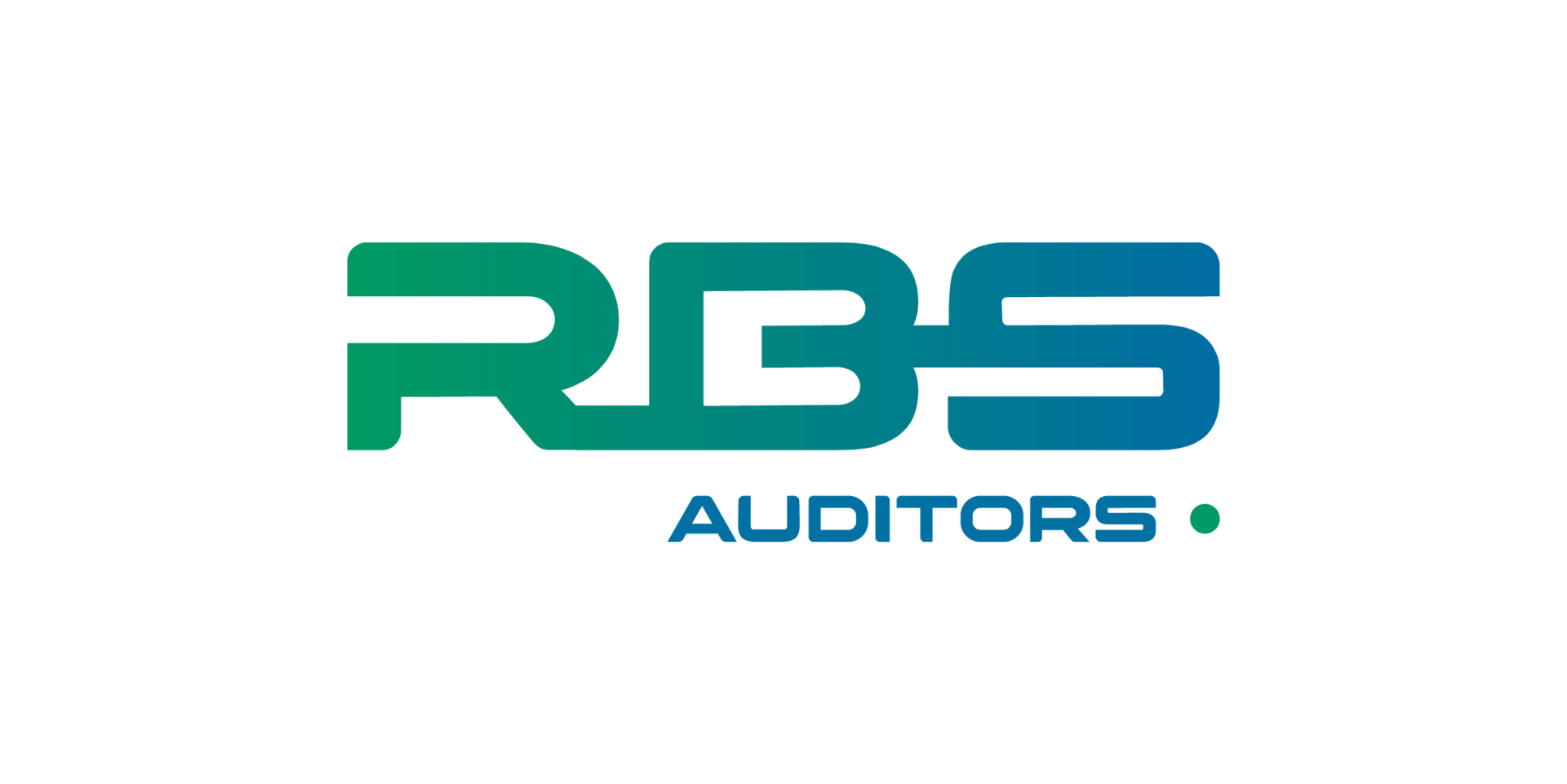
Introduction:
The United Arab Emirates (UAE) offers numerous free zones that attract businesses from around the world due to their tax benefits, streamlined processes, and business-friendly environment. This article aims to provide guidance on selecting the ideal free zone for your business in the UAE, highlighting key factors to consider during the decision-making process.

Identify Your Business Activities and Licensing Requirements:
Begin by identifying the nature of your business activities and the specific licenses required. Different free zones specialize in specific industries, and their licensing regulations may vary. Determine whether you need a trading, service, industrial, or consultancy license, and ensure that the free zone you choose accommodates your business activities.
Assess Geographical Advantage and Market Access:
Consider the geographical advantage and market access provided by the free zone. Evaluate the proximity to major ports, airports, and transportation networks to facilitate logistics and distribution. Additionally, assess the potential for business networking, collaboration, and access to target markets within and outside the UAE.
Evaluate Tax Benefits and Incentives:
One of the primary reasons for choosing a free zone is the tax benefits and incentives offered. Research the tax framework of the free zone, including corporate tax exemptions, customs duties, and personal income tax benefits. Look for additional incentives such as free repatriation of profits, no currency restrictions, and exemption from value-added tax (VAT) for certain activities.
Consider Infrastructure and Facilities:
Evaluate the quality of infrastructure and facilities provided by the free zone. Look for modern office spaces, warehousing facilities, and robust IT infrastructure. The availability of state-of-the-art facilities can contribute to the efficiency and productivity of your business operations.
Assess Legal and Regulatory Framework:
Thoroughly review the legal and regulatory framework of the free zone. Understand the corporate governance requirements, regulations for foreign ownership, and employment policies. Consider the ease of doing business and the level of government support available within the free zone.
Evaluate Business Support Services:
Examine the range of business support services offered by the free zone. This includes access to legal, accounting, and administrative services, as well as business setup assistance, visa processing, and corporate banking facilities. A comprehensive support system can streamline the In Company Formation In UAE process and facilitate smooth business operations.

Research Reputation and Track Record:
Research the reputation and track record of the free zone. Look for testimonials from existing companies and evaluate their experiences with the free zone’s administration and services. A reputable free zone with a solid track record demonstrates reliability, credibility, and the ability to support businesses effectively.
Consider Cost and Flexibility:
Finally, consider the cost and flexibility of operating within the free zone. Evaluate the setup costs, annual fees, and ongoing operational expenses. Assess the flexibility in terms of office space, lease terms, and the ability to expand or diversify your business activities in the future.
Conclusion:
By considering factors such as business activities, market access, tax benefits, infrastructure, legal framework, business support services, reputation, and cost, you can make an informed choice. Careful evaluation of these factors will help you find a free zone that aligns with your business goals, enhances your operational efficiency, and provides a conducive environment for growth and success in the UAE.





